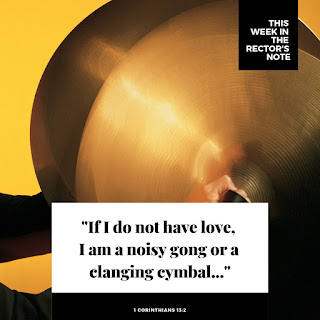"The church is called to be engaged — to lend voice, moral authority, resources, and organized effort — to resist evil and to reorder our common life in ways that protect the most vulnerable and enhance human dignity for all people."
- The Rev. Jarrett Kerbel from his blog post on gerrymandering
That is what I believe. What do you believe? Bring that belief to forum this Sunday as we explore the ways our church could be or should be involved in advocacy in the public square.
As a church we have a moral vision. As a church we have power. Most people agree immediately with the first statement and then become hesitant when it comes to the second. As an organized body we have people power, financial power, and spiritual power. Ideally, all three work together to shape our life together into the Body of Christ, and our surrounding community into a place of justice, peace, and flourishing approximating the vision of God for God’s world.
Peter Singer - professor of moral philosophy at Princeton University - uses “the drowning man test” to make us reflect on our power and responsibility. If you are hiking along a lake and you come across a man drowning in the water and you have the ability to swim or at least use your cell phone and yet you do nothing to help him, we would all agree that you are morally blameworthy if he is injured or dies. To observe distress and danger and to do nothing, even when you have the capability - i.e. the power - is to sin by omission, and to incur guilt.
As a church, we have power, a moral vision, and accountability before our God. Learning to exercise our voice and vision in faithful, appropriate action is certainly a learning curve. I would rather risk it than to not have an answer for God when I am asked why my brothers and sisters suffered and I did nothing.
Blessings,
The Rev. Jarrett Kerbel
Rector
Parish Forum on Sunday, March 31:
Clarifying St. Martin’s Community Engagement Causes - Part 2Led by the Rev. Jarrett Kerbel and the Community Engagement committee
This week the Rev. Kerbel resumes his discussion on the work done by the community engagement committee and the parish to clarify our causes. Jarrett will review the causes named but this time we’ll dig a little deeper. This week we will gauge the range of comfort levels the congregation has to advocate for these causes. What do you think the church should advocate for? Should we limit ourselves to church discussions and/or participate with others? Are you willing to write a letter, lobby an elected official, run for office, march for the cause, get arrested, or like or share a Facebook post? These are a few sample questions that we’ll act on and discuss at this forum. Wear comfy shoes as we walk around the parish hall to find out how willing we are to move for our causes.



